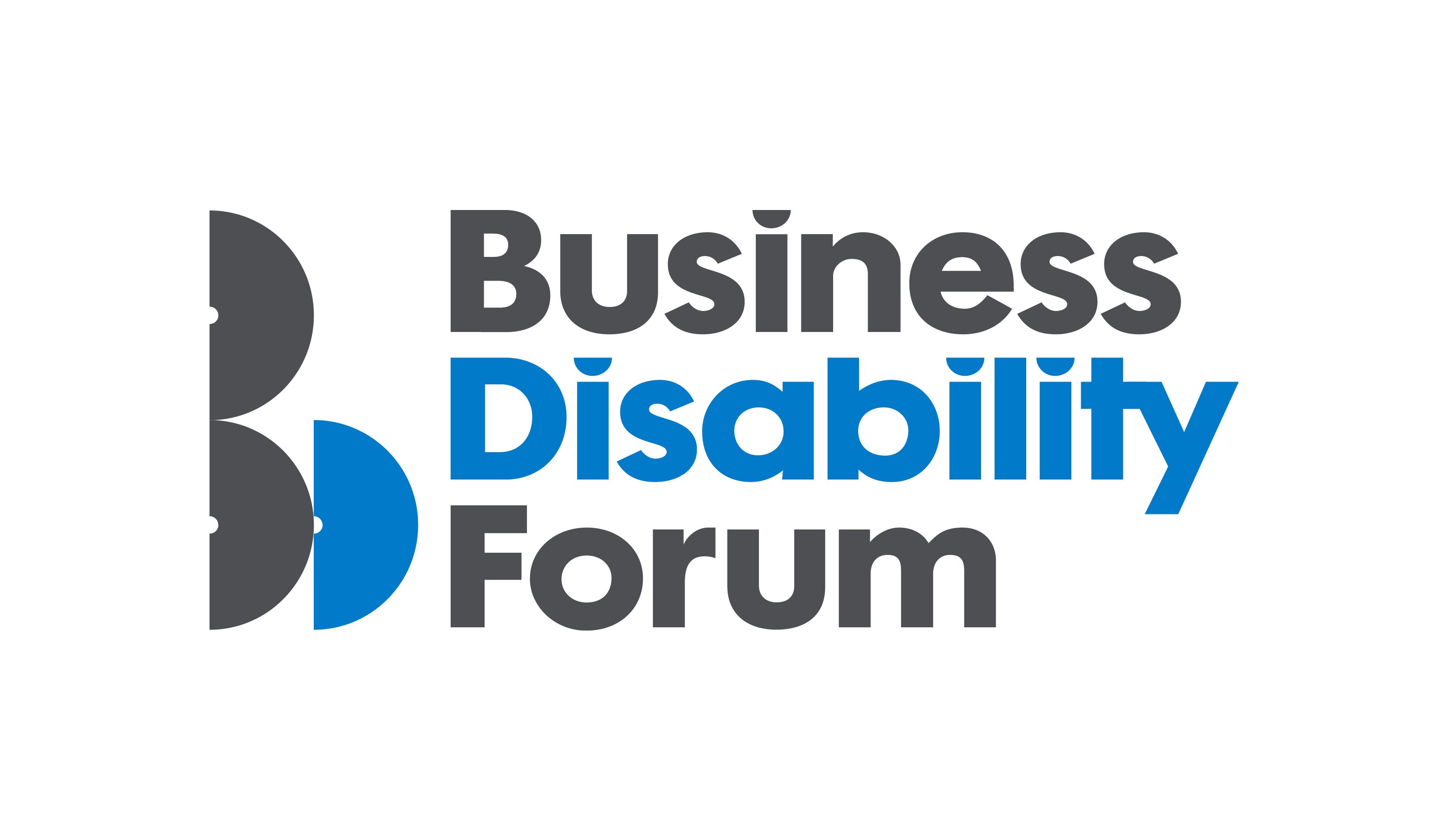Disability workforce reporting
A practical guide for people professionals
A practical guide for people professionals
There are more than 7 million people of working age with a disability or long-term health condition in the UK. Around half of them are in work but many more would like to work, and they represent a great source of skills and talent. Most organisations now realise the importance of inclusive work cultures and the benefits that equality, diversity and inclusion (EDI) can deliver for them and the people who work for them, but some people with disabilities or long-term health conditions face prejudice or cannot access the support they need to help them reach their potential or even remain in work and progress their career.
As part of your EDI strategy, taking a proactive and inclusive approach to managing disability can bring many benefits for organisations and the people who work for them. The benefits include commitment from employees, the ability to tap into different perspectives and skills which can boost innovation and performance, and the ability to recruit and retain good people.
Disability inclusion is part of being a socially responsible employer, a key ethical responsibility for organisations, which in turn helps to meet the expectations of stakeholders, jobseekers and employees – as well as the wider community.
Taking active steps towards disability inclusion can help ensure that people with disabilities and those with long-term health conditions are able to fulfil their potential at work. Unfortunately, people with disabilities often find it much more difficult to get a job – sometimes because employers fail to manage disability positively or lack understanding about how to support disabled people.
Corporate image and reputation can either be damaged or enhanced by the negative or positive experiences that people with disabilities and their friends, families and carers have of your organisation. Building your reputation as a genuinely inclusive employer is important as, increasingly, people entering the labour market are looking to work for a responsible employer.
 |
The CIPD have worked with Business Disability Forum on this guide and a report that sets out the case for disability workforce reporting and provides an overview of the current landscape, considering issues like why disability workforce reporting matters now, the scope of reporting and who already collects data and why. |
Tackling barriers to work today whilst creating inclusive workplaces of tomorrow.
Discover our practice guidance and recommendations to tackle bullying and harassment in the workplace.
Research on how an employee's socioeconomic background or class affects their development opportunities and how to maximise social mobility in the workplace
Implications and recommendations for HR teams on the trends and developments in gender pay gap reporting in Britain
Explore the CIPD’s point of view on religion and belief, including actions for Government and recommendations for employers

What this practice is, why you should avoid it, and how to approach it if no other options are available

Practical advice for managers on tackling sexual harassment in the workplace

Practical advice on how to tackle sexual harassment in the workplace

Outlines the main legal requirements surrounding TUPE transfers, and the essential steps involved in managing them